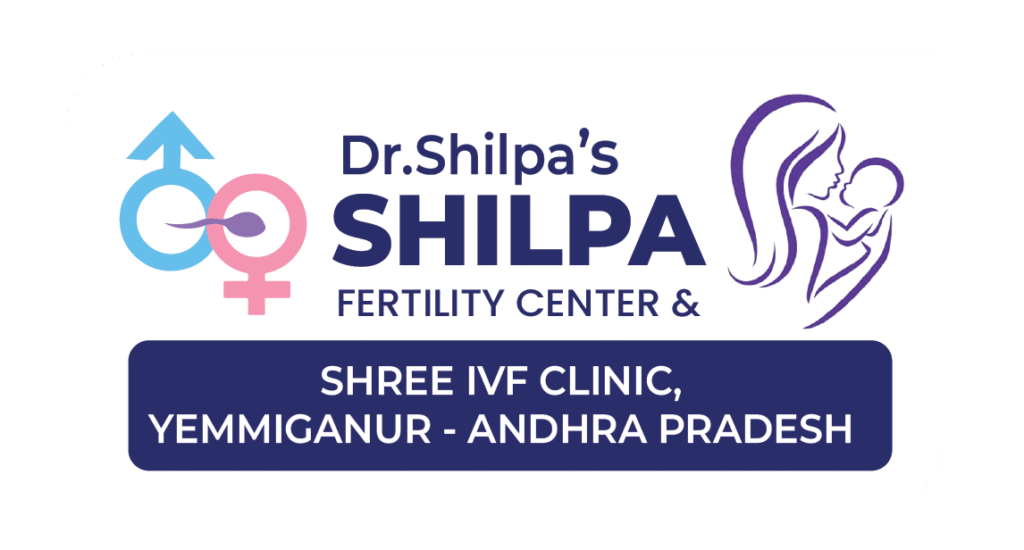- FAQs
Your IVF questions, clearly answered here
Find clear, trusted answers to the most common questions about IVF—designed to guide and support you every step of the way

Have questions about IVF ?
We’re here to help.
Call Us:
+91 733 728 2108
E-mail Us:
shilpafertilityandivf@gmail.com

